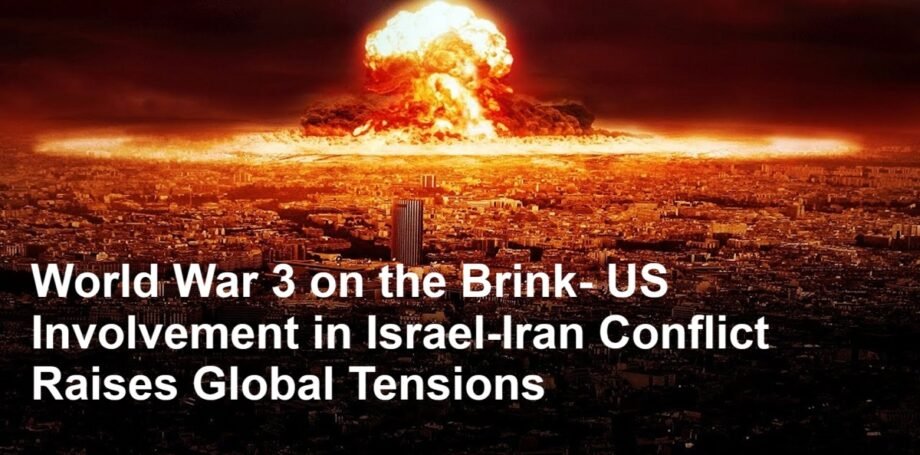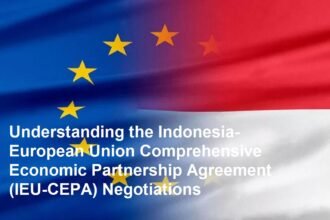Introduction
The geopolitical landscape in the Middle East is increasingly volatile, with analysts warning that the United States’ potential intervention in the Israel-Iran conflict could push the world toward the brink of World War 3. This article examines the underlying causes of the tension, the risks posed by foreign involvement, and the global consequences of escalating the conflict.
Background of the Israel-Iran Conflict
The ongoing tension between Israel and Iran is rooted in decades of political hostility, religious animosity, and strategic rivalry. Iran’s nuclear program and support for proxy groups across the Middle East have long been perceived as existential threats to Israel, prompting repeated military engagements and covert operations. The conflict has remained regionally contained but precariously balanced—until now.
Reports suggest the United States is prepared to increase its support for Israel, potentially involving direct military assistance in its confrontations with Iran. This move heightens fears of a wider conflict that could draw multiple global powers into an unprecedented war.
The Risk of a Global War Escalation
The possibility of US involvement could trigger alliances and counter-alliances, dragging major powers into a larger conflict. Russia and North Korea have reportedly expressed readiness to back Iran if the US escalates military aid to Israel. Such entanglements could lead to direct confrontations between nuclear-armed nations, raising the specter of World War 3.
The complex web of international relations means that a localized conflict in the Middle East could quickly spiral out of control, threatening global peace and security. Military actions by any party could provoke retaliatory steps, increasing instability and the risk of widespread warfare.
Global Political and Economic Implications
An expanded conflict involving the US, Israel, Iran, Russia, and North Korea would have profound political and economic consequences worldwide. The Middle East is a critical supplier of oil and gas; disruption of these resources would fuel energy crises and strain global markets.
Diplomatic relations between nations would be severely tested as countries take sides or seek neutrality amidst rising tensions. The United Nations and other international organizations face significant challenges in preventing the conflict’s escalation and managing humanitarian fallout.
Humanitarian Concerns
Beyond political and economic impacts, the human costs of such a war would be staggering. Increased military confrontations would likely lead to heavy civilian casualties and mass displacement across the region. The strain on humanitarian aid organizations and neighboring countries could intensify existing refugee crises.
The international community must prioritize peaceful dialogue and conflict resolution to prevent devastation on this scale.
Diplomatic Efforts and Challenges
Despite alarming developments, diplomatic efforts continue to avert full-scale war. International mediators are urging restraint and dialogue, but mutual distrust and entrenched positions hinder progress. Efforts include backchannel negotiations, calls for ceasefires, and international pressure to de-escalate.
However, the volatility of the region and high-stakes political interests make peaceful resolutions difficult to achieve.









